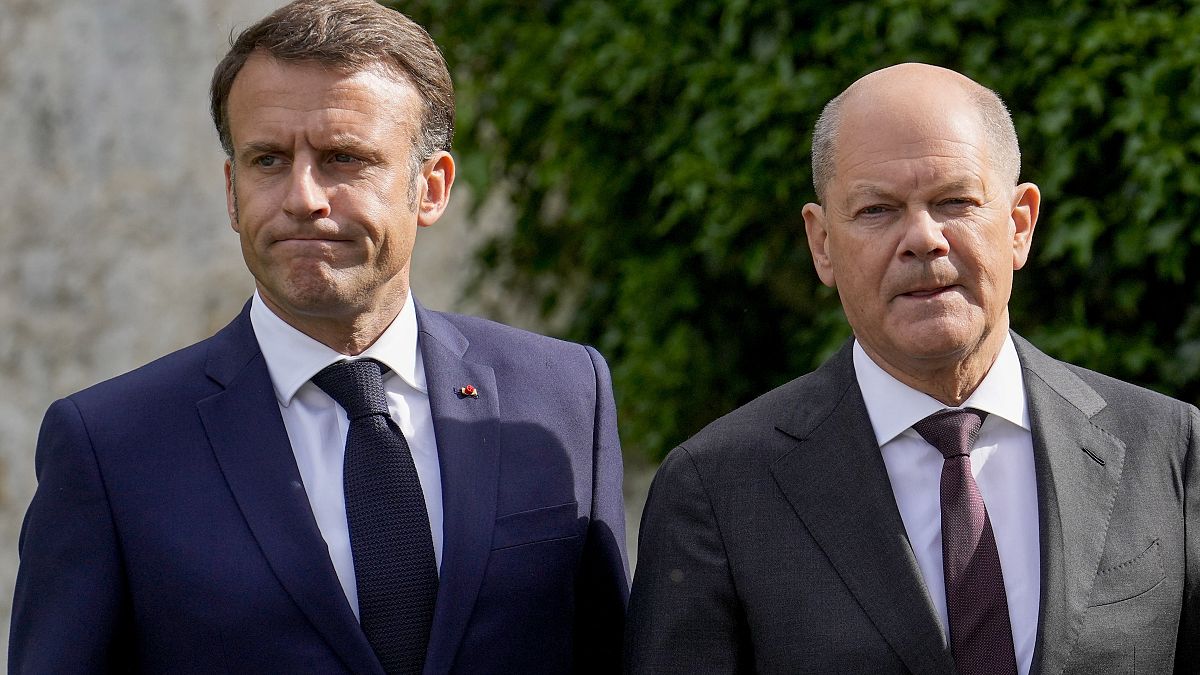Germany is on high alert as France gears up for snap elections, with the potential for a seismic change in EU politics. The upcoming French elections are expected to swing to the right, with far-right Marine Le Pen’s National Rally party potentially winning. This could have significant implications for policies related to climate, migration, and gender equality on both a national and European level. The effects of a right-wing populist party gaining power in France could ripple across the EU, impacting policymaking in Brussels and potentially leading to changes in areas such as climate policy, asylum, migration, and gender equality.
Political scientist Prof Dr Miriam Hartlapp has warned that France’s position as a large and important member state means that European policies could look different if the National Rally party wins. The dissatisfaction with current governments across Europe has contributed to a swing to the right, causing concern among Germans. German Chancellor Olaf Scholz expressed hope that parties other than Marine Le Pen’s would be successful in the elections, but ultimately, it is up to the French people to decide. Hartlapp also noted that immigration-related cases may be brought to the European Court of Justice if the National Rally’s program conflicts with the fundamental rights of the European constitution.
In Germany, there has been movement within far-right parties following the success of the Alternative for Germany (AfD) in the EU elections. Individual politicians from the AfD and the extreme-right Die Heimat have announced plans to form factions in the eastern state of Brandenburg. The AfD’s strong performance in the elections has positioned them as a significant player in the political landscape. This development, alongside the potential outcome of the French elections, points to a shift towards right-wing politics in Europe that could have far-reaching consequences.
The possibility of a National Rally victory in France has raised concerns about the impact on EU policies and the potential for changes in areas such as immigration, asylum, and gender equality. As a major EU member state, France’s political direction could influence the direction of European policymaking and governance. The rise of right-wing populist movements across Europe reflects a broader trend of dissatisfaction with current governments and a desire for change. German policymakers are closely monitoring the situation, with an eye towards how the outcome of the French elections could shape the future of EU politics.
Overall, the upcoming French elections and the political landscape in Germany signal a potential shift towards right-wing populist movements in EU politics. The implications of a National Rally victory in France could lead to changes in EU policies and governance, affecting areas such as climate, migration, and gender equality. The rise of far-right parties in Germany, such as the AfD, further underscores the trend towards right-wing politics in Europe. Policymakers and citizens alike are watching closely as these developments unfold, with the understanding that the outcome of the French elections could have significant ramifications for the future of the European Union.











